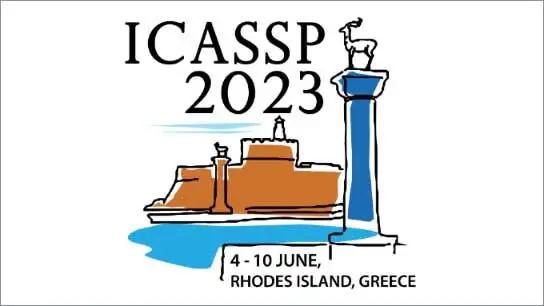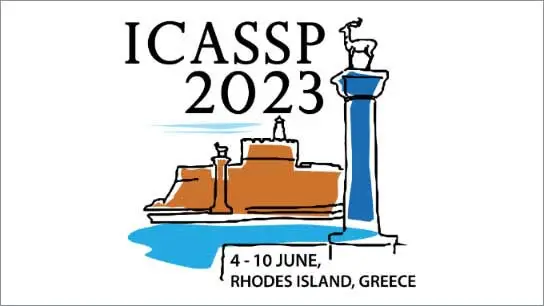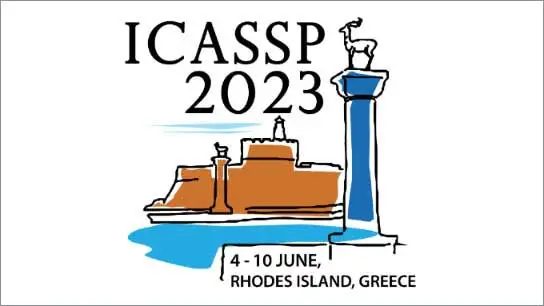The Uniqueness Problem of Physical Law Learning
Philipp Scholl (Ludwig Maximilian University of Munich); Aras Bacho (Ludwig Maximilian University of Munich); Holger Boche (Technische Universität München); Gitta Kutyniok (Ludwig Maximilian University of Munich)
-
Members: FreeSPS
IEEE Members: $11.00
Non-members: $15.00
08 Jun 2023
Physical law learning is the ambiguous attempt at automating the derivation of governing equations with the use of machine learning techniques. This paper shall serve as a first step to build a comprehensive theoretical framework for learning physical laws, aiming to provide reliability to according algorithms. One key problem consists in the fact that the governing equations might not be uniquely determined by the given data. We will study this problem in the common situation that a physical law is described by an ordinary or partial differential equation. For various different classes of differential equations, we provide both necessary and sufficient conditions for a function from a given function class to uniquely determine the differential equation which is governing the phenomenon. We then use our results to determine in extensive numerical experiments whether a function solves a differential equation uniquely.



